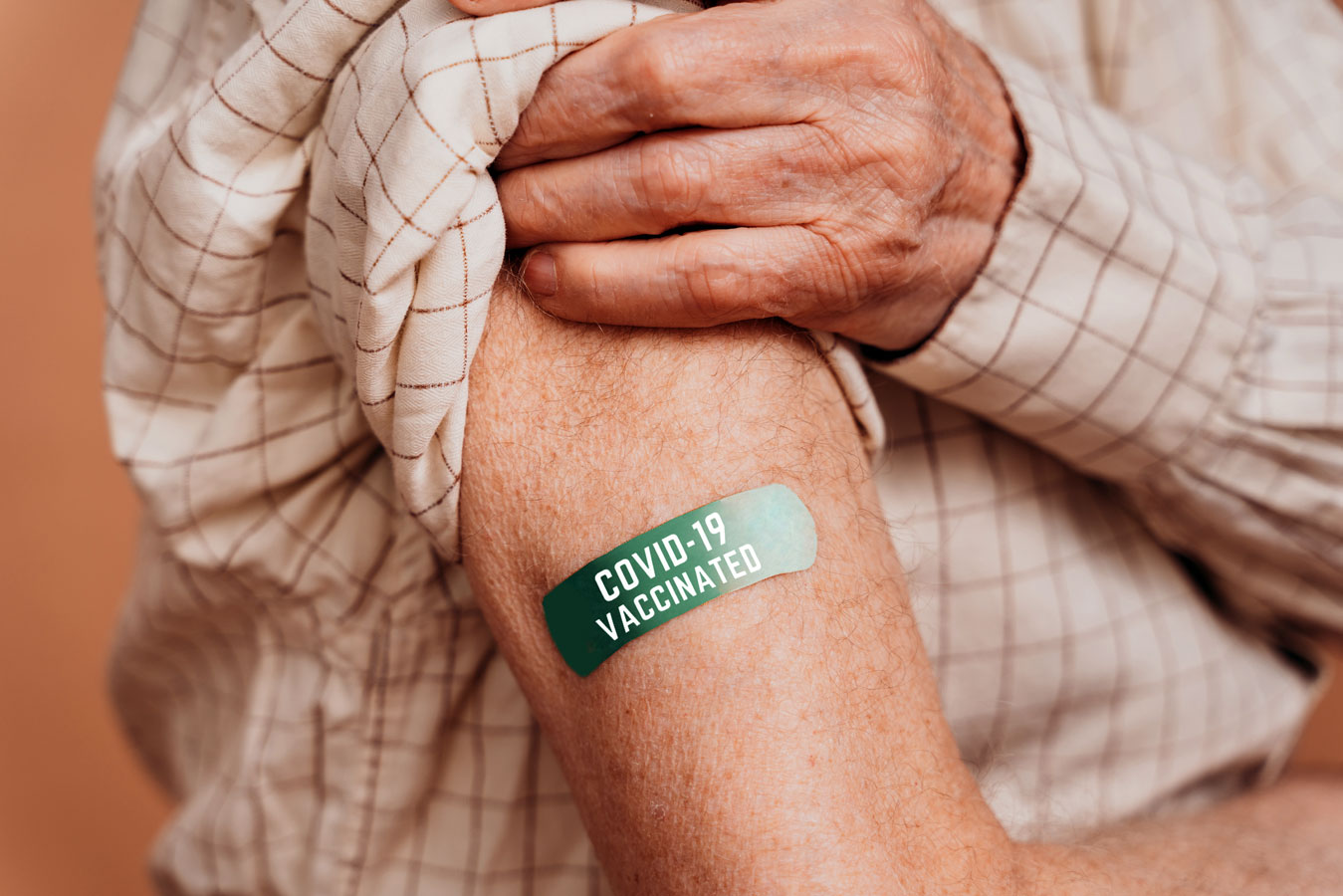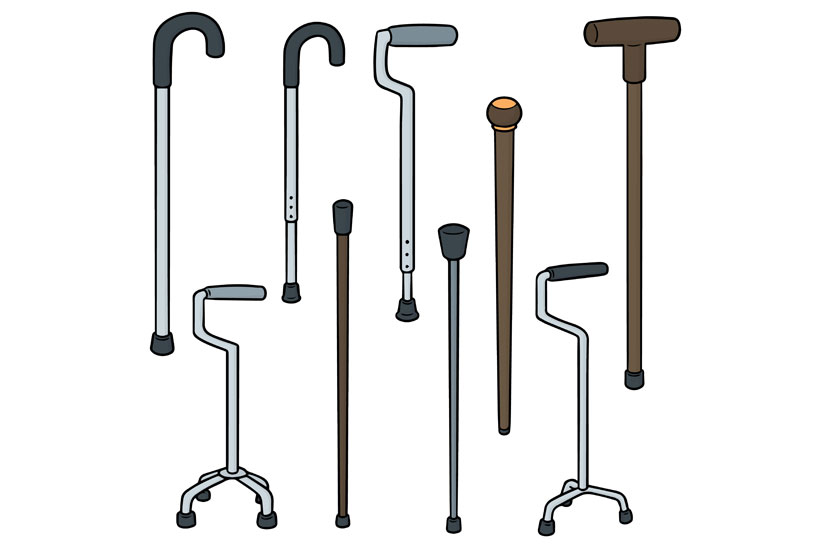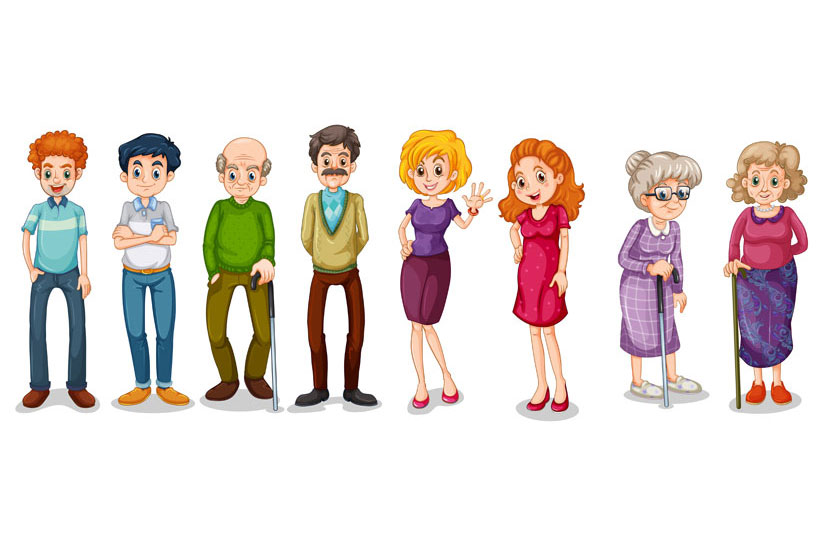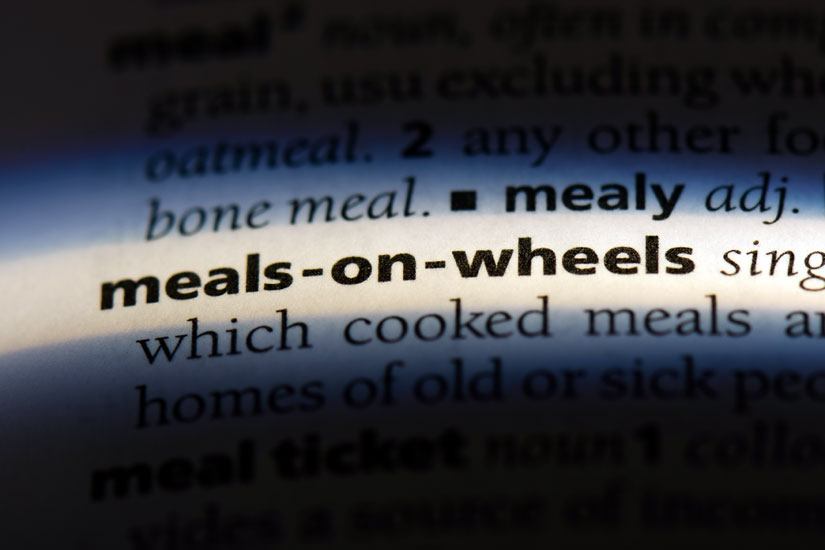What is the Next Normal for Seniors After Their COVID-19 Vaccination?
Seniors are one of the largest populations in the United States right now. The generation that is known as the Baby Boomer generation and older… Read More »What is the Next Normal for Seniors After Their COVID-19 Vaccination?






